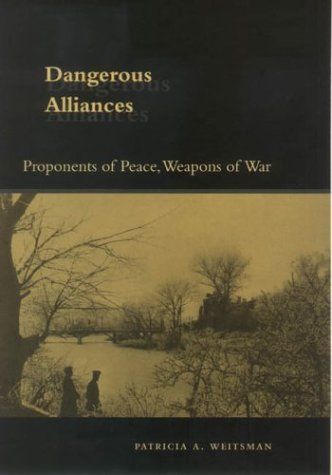
Dangerous Alliances Proponents of Peace, Weapons of War
Military alliances drive international politics. They embody conflict and cooperation among states and shape the international political landscape. Despite the profound effect alliances have on the course of international politics, many gaps remain in our understanding of their formation, continuance, and cohesion. In this book, Patricia Weitsman introduces a comprehensive theory that unifies current ideas about alliances and examines the relationship between threat and alliance politics under conditions of both war and peace. Examining military alliances before and during World War I, Weitsman provides a new interpretation of the politics of the great powers of this period. She reveals that states frequently form alliances to keep peace among the allied countries, not simply to counter shared external threats. Though alliances may be perceived by others to present a unified and threatening front, countries often face significant threats from within their own alliances. It is this paradox that underscores Weitsman's theory: although alliances are frequently forged to sustain peace, they may, in fact, increase the prospects of war.
Reviews
sarlote septe@gigijs